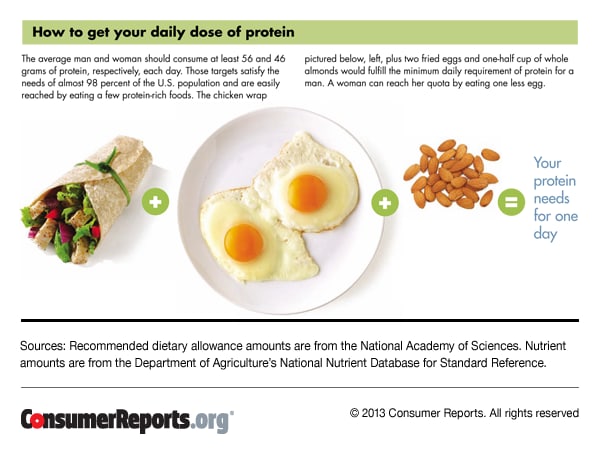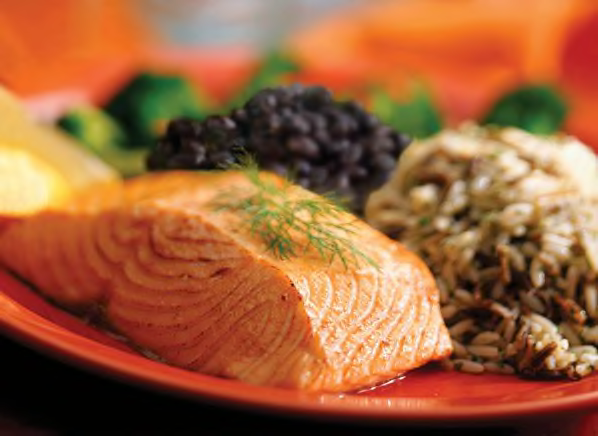"); return false; } }); } }); }); function printExec(generatePage){ var s= s_gi(s_account), overrides = {}, name = 'print'; overrides.linkTrackVars = 'events,prop48,eVar48,eVar5'; overrides.linkTrackEvents = 'event3'; overrides.eVar5 = name; overrides.events = 'event3'; overrides.prop48 = s.eVar48 = s.pageName + ' | ' + name; s.tl(this, 'o', name, overrides, function() { if (generatePage) { window.open('/content/cro/en/health/tapThePowerOfProtein.print.html','win2','status=no,toolbar=no,scrollbars=yes,titlebar=no,menubar=no,resizable=yes,width=640,height=480,directories=no,location=no'); } else { window.print(); } }); return false; } function emailExec(){ var s = s_gi(s_account), overrides = {}, name = 'email'; overrides.linkTrackVars = 'events,prop48,eVar48,eVar5'; overrides.linkTrackEvents = 'event3'; overrides.eVar5 = name; overrides.events = 'event3'; overrides.prop48 = s.eVar48 = s.pageName + ' | ' + name; s.tl(this, 'o', name, overrides); jQuery('.emailPopover').dialog('open'); return false; }
Think you're not getting enough? What you must know now.
Published: October 2013
This one meal of salmon, black beans, and wild rice packs a day's worth of protein.
Protein, an essential nutrient, has been frequently touted as a cure-all: Use it to boost your energy, build strength, lose weight, or enhance your athletic performance, the ads say. But most adults in the U.S. already get more than enough protein to meet their body's demands, and the benefits of eating even more aren't especially clear. "Most of us are not at risk of failing to consume enough protein," Barbara Rolls, Ph.D., the Helen A. Guthrie Chair of nutritional sciences at Pennsylvania State University, said.
How much should I eat?
Protein is the main building block of most of our cells. Our bodies use about 210grams of the stuff daily. While the Centers for Disease Control and Prevention and nutritional agencies recommend that 10 percent to 35 percent of your calories come from protein, that message offers more confusion than clarity.
Here's a good basic target for adults up to age 65: A 120-pound person should aim for at least 48 grams of protein daily; a 180-pound person should aim for at least 72 grams of protein daily. Protein intake for adults over 65 is slightly higher.
Older folks need more protein relative to their body size to help keep their muscles from breaking down. Also important for seniors is to eat protein throughout the day to reduce their loss of muscle mass.
Related Topics
- Diet plan guide
What are the best sources?
Protein is found in everything from meat to seeds, but what's noteworthy is how many essential amino acids each source provides. There are eight amino acids that must be obtained through our diet because our bodies can't make them. That's important because those essential amino acids play a pivotal role in metabolism, bolstering your health and creating critical new protein molecules.
Complete proteins are animal-based (meat, poultry, fish, milk, eggs, and cheese) and provide all eight essential amino acids. Incomplete proteins are plant-based (legumes, grains, nuts, seeds, and vegetables) and each is low in one or more of the essential acids, so vegetarians need to vary their sources. For example, eating rice and beans together should provide a complete mix of the amino acids. Studies now show that these pairings don't need to occur within meals but rather over a 24-hour span.
Any combination of corn-, rice-, wheat-, or soy-based proteins will provide the amino acids you need. Of this group, soy comes closest to being a complete protein.
Can too much protein be harmful?
A high-protein diet can worsen kidney function tests in people with kidney disease. Think that warning doesn't apply to you? A vast majority of people with kidney disease don't know it because the damage occurs so slowly. Cleveland Clinic researchers speculate that one in five overweight adults has at least a mild form of kidney disease.
There are also inherent dangers in taking protein supplements, which have soared in use. The Food and Drug Administration doesn't test these supplements for safety before they reach the market, making them a potential source of dangerous substances, such as amphetamines or steroids. And a 2010 Consumer Reports investigation found that some protein shakes, if consumed frequently, could expose people to potentially toxic levels of arsenic, cadmium, and lead.
Can protein help fuel weight loss?
While some studies have found a link between protein and feeling fuller longer, Rolls said she thinks that this effect might be more mental than physical. That's because most people expect meals to include meat or other complete proteins and aren't as satisfied if they're left off the plate or cut down in portion size.
Much of the research showing a benefit regarding satiety has focused on hefty amounts of supplemental protein powders, and even those results have been inconsistent, Rolls says.
While high-protein Atkins-style diets might help you lose weight quickly, you won't learn eating habits that you can actually maintain. That's one reason high-protein diets haven't been linked to long-term weight loss.
Do athletes need more?
Serious athletes and bodybuilders need more protein than the general population because their muscles require it to compensate for muscle breakdown during heavy exercise. A good rule of thumb for this group is to get about 1gram of protein per pound of body weight each day. But even that amount usually doesn't require a supplement.
Increasing your protein intake past the amount your body can use isn't going to help you get bigger or stronger. So there's no need to take the megadoses of protein that some supplements offer. ■
How much protein do you need?
That depends on your weight, and your age.
If you're younger than 65, multiply your weight by 0.4. If you're 180 pounds, for example, aim for at least 72 grams of protein daily. (A sandwich with 3 ounces of chicken along with one cup of 1 percent milk is about 40 grams of protein.)
If you're over age 65, multiply your weight by 0.6.

Editor's Note:
This article appeared in the November 2013 issue of Consumer Reports on Health.


